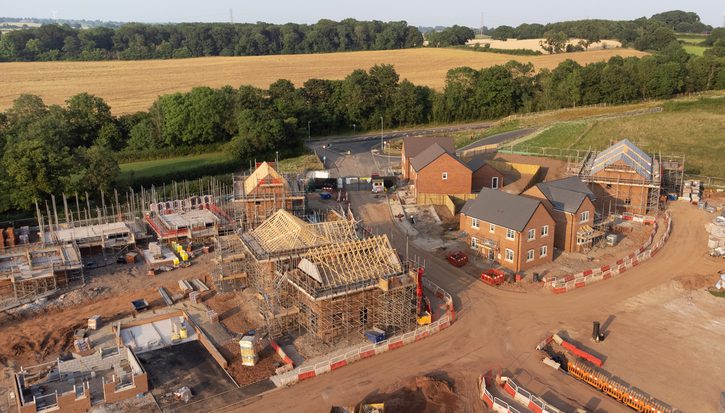Together at home: A new strategy for housing
More protection needed for people renting privatelyArticle
Many of the problems in English housing are deeply embedded. Demand has heavily outstripped supply for decades. Homeownership is too often out of reach. Social housing is being residualised. The private rented sector remains largely unprofessional and insecure and those who live in it have too little control. Meanwhile, the housing benefit bill soars at over £20 billion a year, and rising. England remains one of the richest countries in the world, but it is failing properly to house its people. The result is a segregated system with insufficient mobility between housing sectors and social divisions that are entrenched rather than overcome.
Housing policy has been piecemeal and disjointed across various departments under governments of all colours. To repair this, our report seeks to offer a coherent new strategy for housing policy in the round.
- First, we make a social argument for homeownership as a way to foster mixed, stable, integrated communities. We suggest ways to increase housing supply to make homeownership a more realistic prospect for more people by reforming housing finance, the development industry, planning policy and credit control. To build now, we argue, is to invest in our future.
- Second, we propose a better deal for renters. This would mean reasonable regulation of privately rented property, matched by greater flexibility in social housing.
- Third, and most radically, we advocate a new form of progressive localism in housing, through a system of affordable housing grants. In doing so, we address directly how we would change the way £25 billion of public money is spent each year on housing: by decentralising power, resources and responsibility in order to shift public spending, over time, away from benefits and back towards bricks and mortar.
Related items

A helping hand for the helpers - a plan to recognise Scotland's unpaid carers
A Minimum Income Guarantee pilot would empower carers to chart their own course and get back some independence from a state which has become overly dependent on their unpaid labour and goodwill to function.
Strategic planning for green prosperity
Land is a finite resource, and the demands made of it have only increased over time.
The new politics of AI: Why fast technological change requires bold policy targets
The upcoming AI Action Summit in Paris is an opportunity to show how we can harness artificial intelligence (AI) as a force for societal, economic, and environmental good.